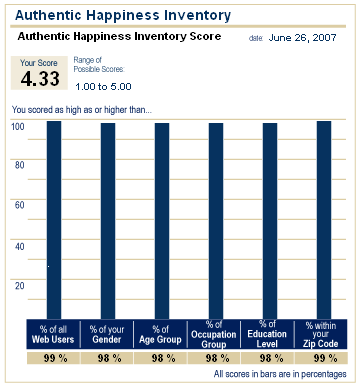Having satisfied the publishing of text — with a WordPress blog installed on a hosted domain — the natural next step is publishing photographs. While it’s easy to upload and embed images in a WordPress post, it’s better to have a specialized image gallery when the photo archive is large. The long term goal is to show random thumbnails on your WordPress sidebar, inviting the browsing images in your gallery, but that’s a feature for some later day.



